Aquatic life plays a vital role in maintaining the health and balance of our planet’s ecosystems. The wide variety of organisms that live in lakes, rivers, oceans, and other bodies of water supports a variety of ecological processes and offers enormous advantages to both people and the environment. First off, aquatic species play a key role in controlling the climate of the planet. They reduce climate change by absorbing carbon dioxide from the air. Additionally, marine and freshwater ecosystems promote biodiversity and act as breeding grounds for fish and other wildlife by providing habitat for many species.
Due to several human activities and environmental variables, there is growing worry about the harm being done to aquatic life. Aquatic habitats are seriously threatened by pollution, which includes chemical contaminants, plastics, and oil spills. Through industrial waste, agricultural runoff, and poor trash disposal, these pollutants can get into water bodies. In order to address these issues the Environmental Service Avenue of the Rotaract Club of University of Sri Jayewardenepura initiated the project Aquatica and this year it was carried out for the 3rd consecutive year under the title “Aquatica Wave 3”.
The first phase of the project carried out a series of beach cleanups including beach cleanups at Mount Lavinia Beach, Wellewatte Beach and Panadura Beach. Beaches are important components of coastal ecosystems that house a variety of marine and coastal species. Beach clean-ups contribute to the preservation of these habitats and the health of the flora and wildlife that depend on them by clearing trash and other items off the shoreline. Though out our first phase, it was aimed to take a small step to contribute to making our beaches clean.
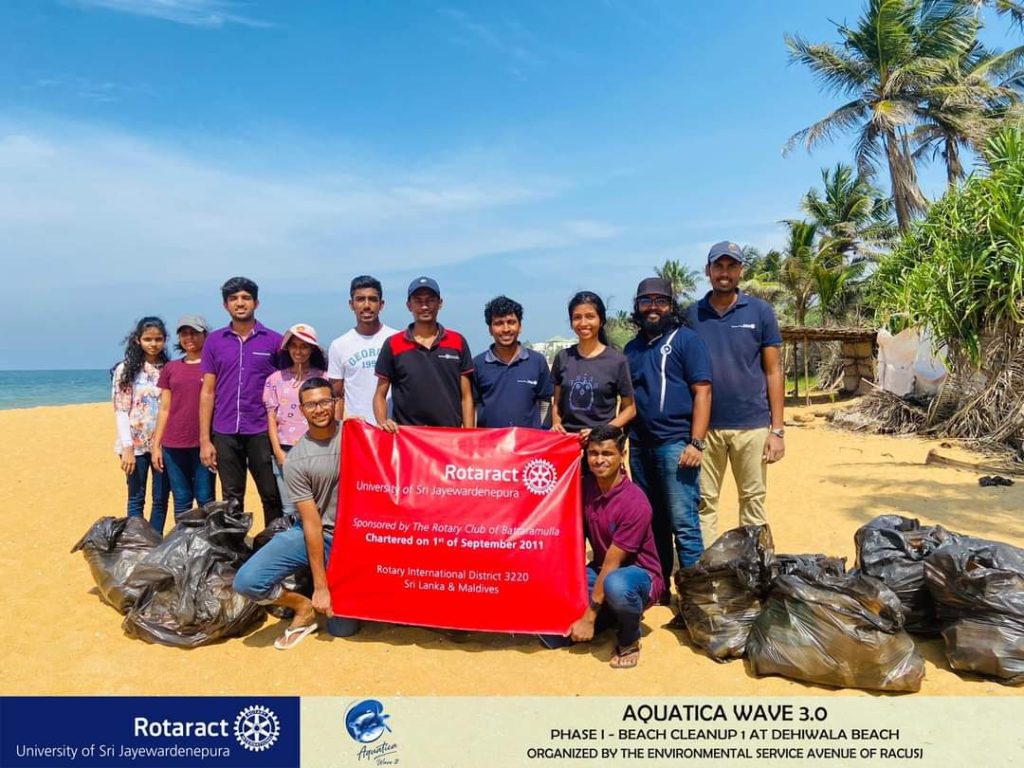
As our second phase, we went to the Sea Turtle Information Center and Induruwa Sea Turtle Conservation Project in Sri Lanka. The major objective of this facility, which is situated in Sri Lanka’s Southern province, is to incubate turtle eggs and release young turtles into the ocean because they are an endangered species because of both human and environmental pressures. We managed to help them with their daily chores in the centre on the volunteering day.
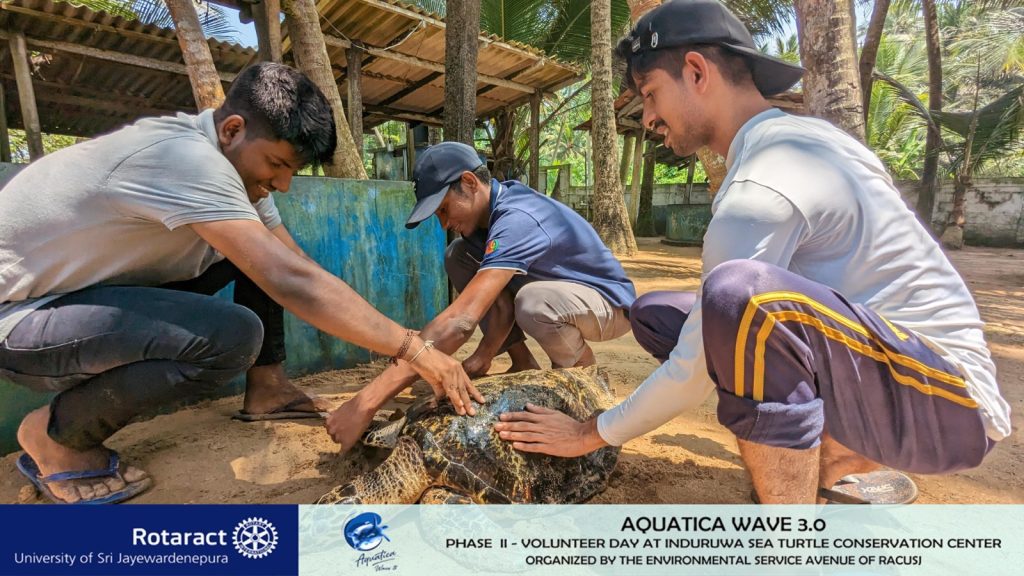
In our final phase, we visited a Mangrove Research site at Anawilunadawa, since mangroves offer a variety of aquatic organisms essential resources and assistance. Mangrove ecosystems’ complicated and complex structure provides protection, nascent habitats, food supplies, and ecological interactions that support the general well-being and richness of aquatic life in coastal areas. For the survival and sustainability of both mangrove ecosystems and the variety of aquatic species that depend on them, mangroves must be preserved and restored.
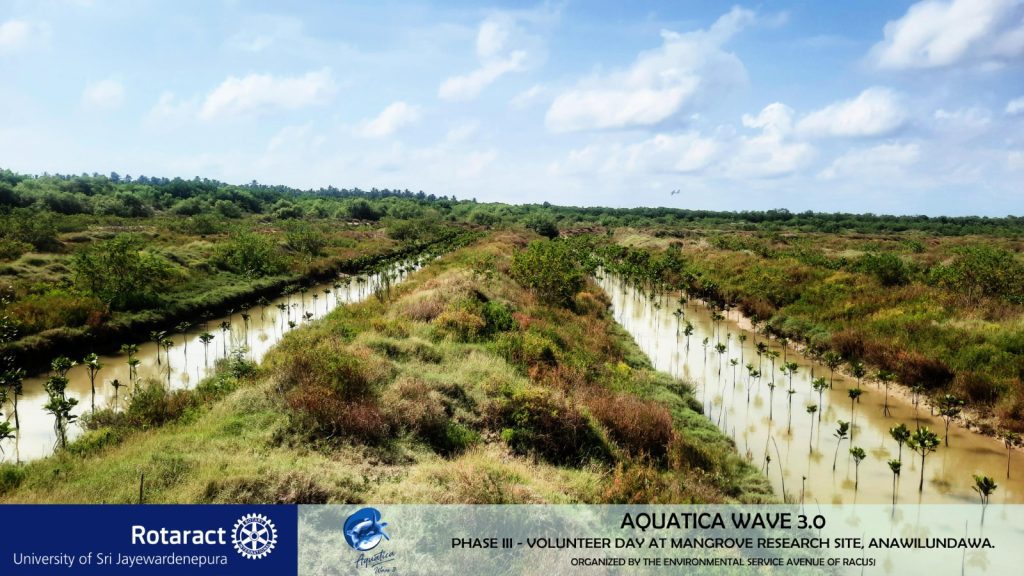
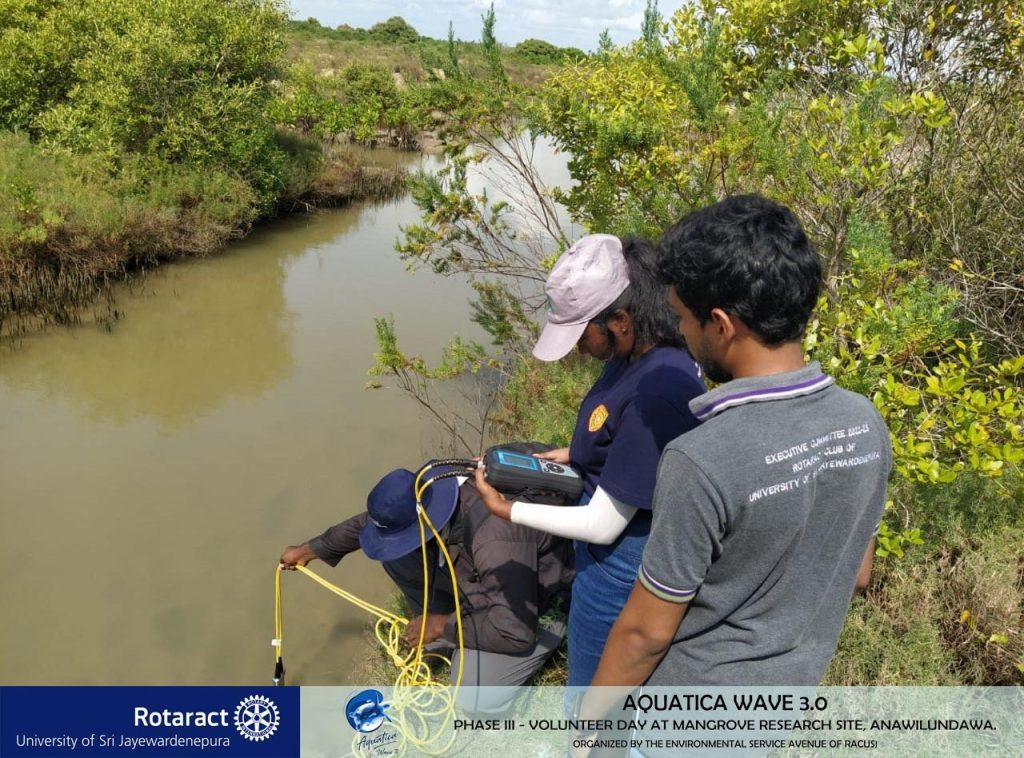
Freshwater and marine ecosystems maintain biodiversity and act as spawning sites for fish and other animals while providing homes for innumerable species. This biodiversity supports overall ecosystem resilience and maintains the continuity of food chains. Aquatic species also contribute significantly to the nutrient cycle, water filtration, and oxygen production, helping to keep our water resources clean and in balance. Additionally, marine life, including coral reefs, serves as a natural barrier to stop erosion and storm damage to coastlines. Last but not least, aquatic habitats support tourism, offer recreational activities, and enhance people’s quality of life in general. Therefore, for the long-term viability of our planet and the welfare of both human and non-human residents, understanding and protecting aquatic life is crucial.
Written by: Rtr. Vidushi Pathirana
Graphic design by: Rtr. Vidushi Pathirana
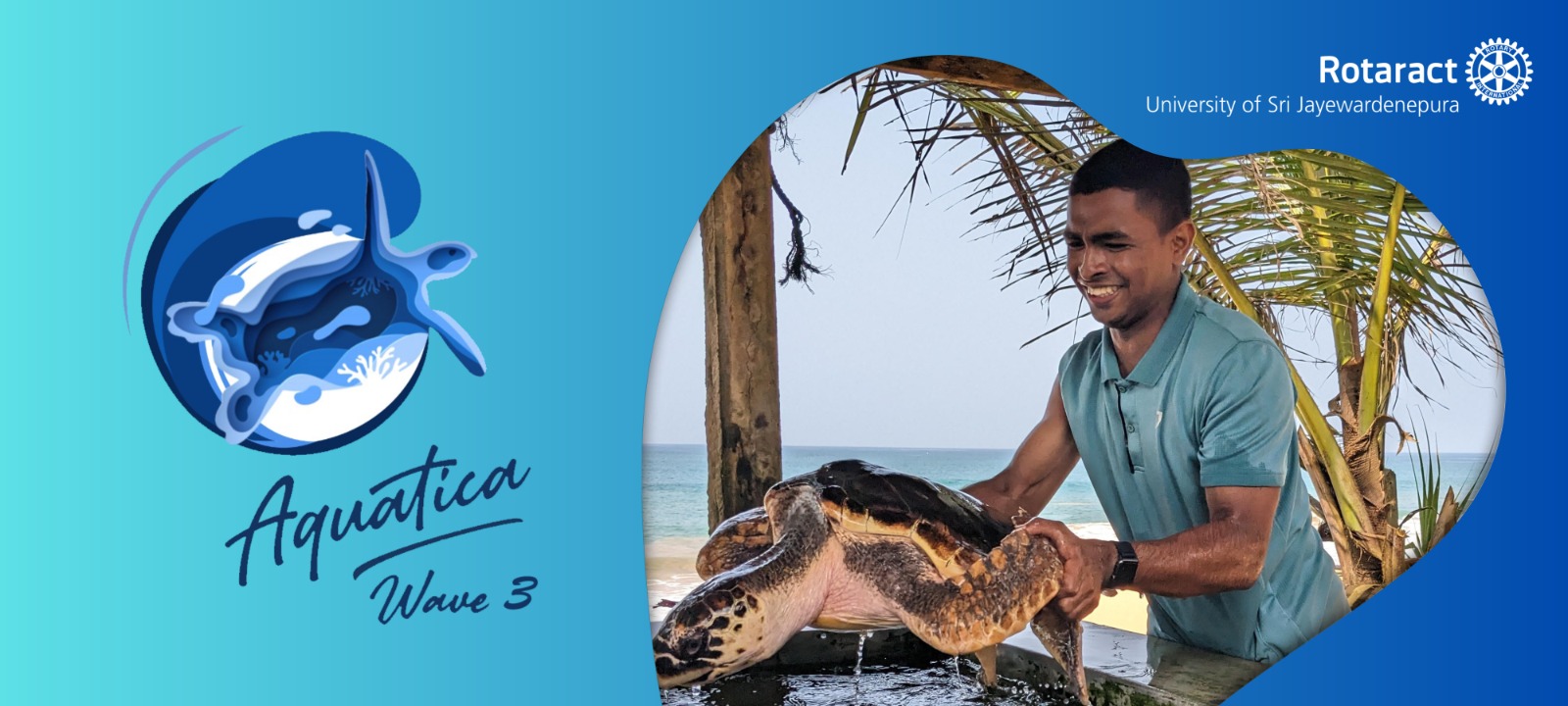

0 Comments